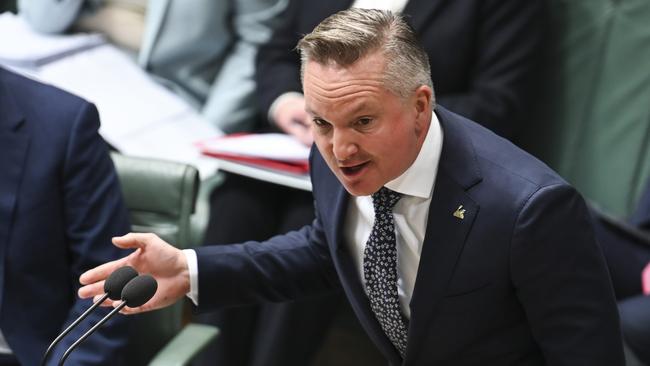Albanese government gas phase-out is bad and costly policy

Government efforts reflect a bigger opposition to gas that has already caused a shortage of supplies for the east coast market. It includes a well-orchestrated campaign by green groups to demonise gas as unhealthy in the home and bad for the environment. But research by Energy Networks Australia demonstrates the misinformation being spread. It debunks a claim that gas cooktops leak harmful toxins into the home and a child living with gas cooking faces a comparable risk of asthma to a child living with household cigarette smoke. ENA says the world’s largest study on childhood asthma found there was “no evidence of an association between the use of gas as a cooking fuel and either asthma symptoms or asthma diagnosis”. A 2023 literature review found that in none of the regions studied was there a statistically significant relationship between NO2 and asthma. Nor does the removal of gas appliances save greenhouse gas emissions when the grid is still reliant on fossil fuels.
What is certain, however, is that government subsidies to pay for new household appliances will be a very high-cost and inefficient way to cut greenhouse gas emissions that might not work. It also defies logic that electricity consumption is being promoted at a time when prices are rising and maintaining supplies for existing demand is proving difficult to manage. The attack on gas appliances compounds market interventions in gas that industry warns could force factories to the brink and plunge the east coast gas market into terminal decline. Government must avoid feel-good measures and concentrate on securing reliable and affordable power supplies. Cutting greenhouse gas emissions requires big-picture policy direction not bureaucratic tinkering at the edges. What is needed is clear policy direction to encourage greater gas exploration and production, not less.


A warning by Master Plumbers Australia that phasing out gas appliances will lift prices and cost jobs is another example of the unintended consequences of poorly conceived government climate policy. Together with transition payments being promised to workers displaced in the fossil fuel industry, the call for subsidies and industry transition payments in gas only adds another layer to the cost burden inherent in government attempts to pick winners. As we report on Thursday, the peak plumbers body is planning to launch a national campaign against electrification. The campaign is directed at government efforts to encourage the phase-out of gas appliances. The Albanese government is spending $1.6bn to help low-income households become all-electric. The ACT has pledged to ban all new gas connections from November. In Victoria, a Gas Substitution Roadmap aims to encourage about two million households that rely on gas to upgrade to shift towards renewable energy alternatives.